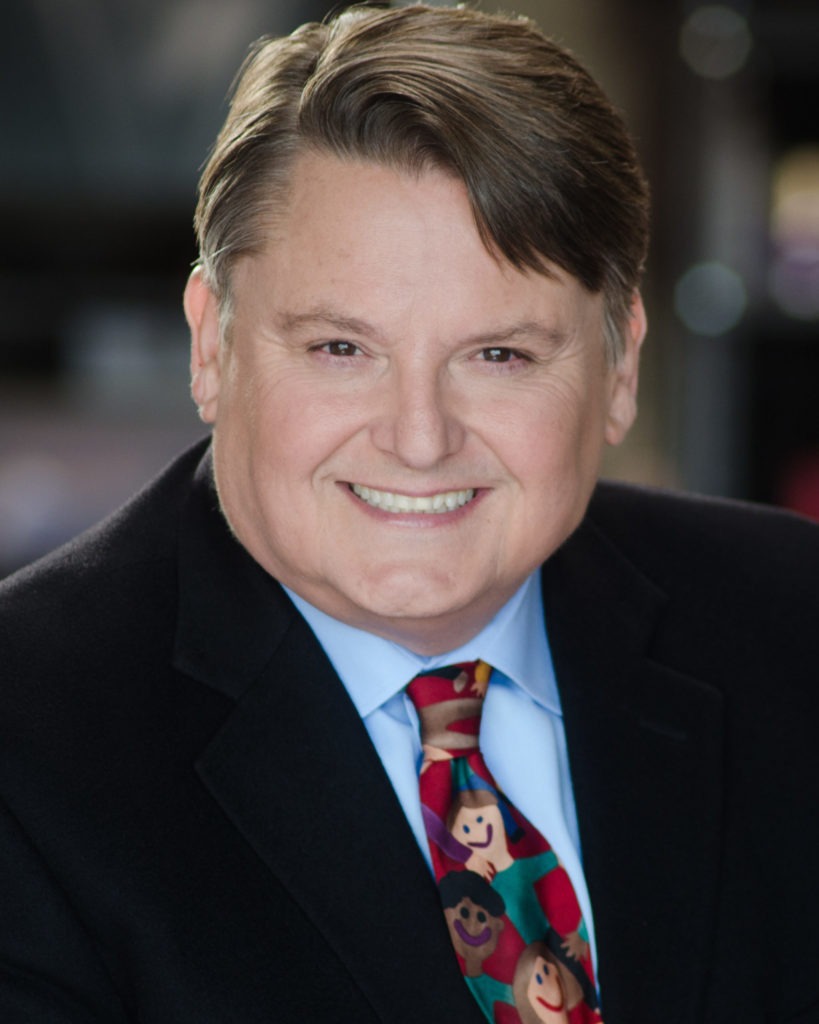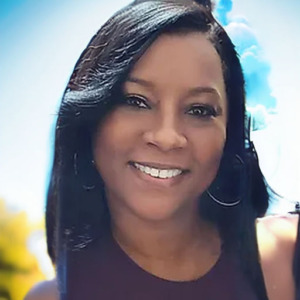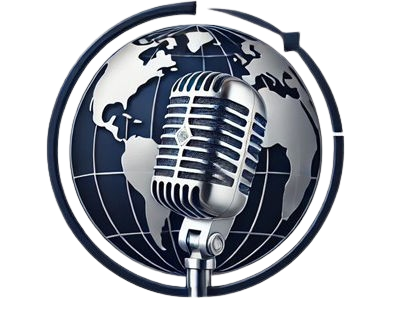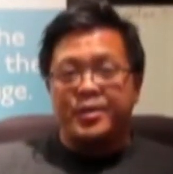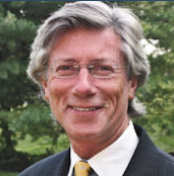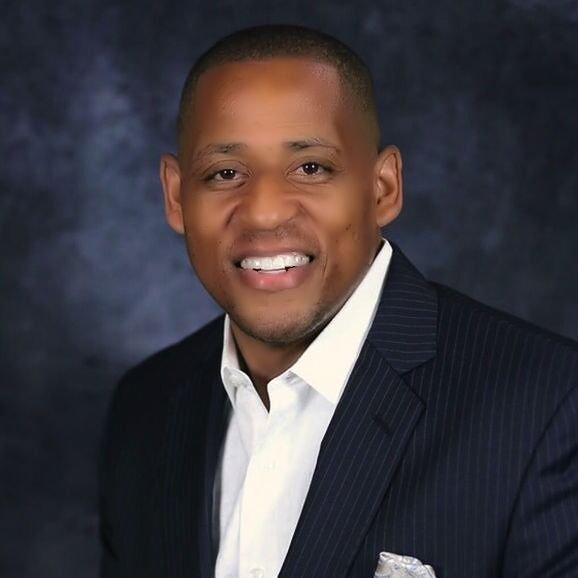Slide
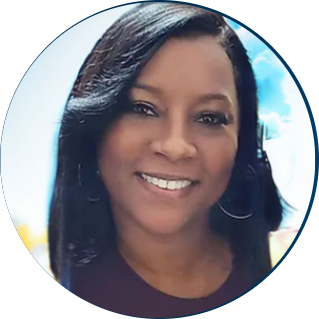
Genelle McMillan
___
From the rubble: 9/11 survivor picks up pieces. GENELLE GUZMAN, THE LAST PERSON RESCUED ON 9/11 experienced a miracle after 27 hours.
Slide
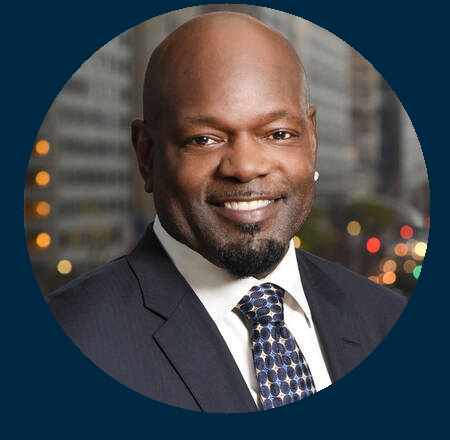
Emmitt Smith
___
A respected entrepreneur, a sought-after speaker, bestselling author and one of the most valuable personal brands in the sports-entertainment field — these are just a few of the ways to describe Emmitt Smith.
Slide

Jason Schechterle
___
A police officer trapped inside a burning vehicle, Jason suffered extreme burns to over 40% of his body, dramatically altering his appearance.
Slide

Genelle McMillan
___
From the rubble: 9/11 survivor picks up pieces. GENELLE GUZMAN, THE LAST PERSON RESCUED ON 9/11 experienced a miracle after 27 hours.
Slide

Jason Schechterle
___
A police officer trapped inside a burning vehicle, Jason suffered extreme burns to over 40% of his body, dramatically altering his appearance.
Slide
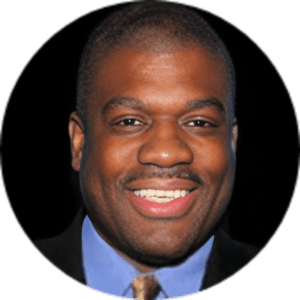
Bernard King
___
During his 14-year playing career, King scored over 19,000 points, won an MVP award, was voted to four All-Star games, and was selected to four All-NBA teams.
FEATURED SPEAKERS

